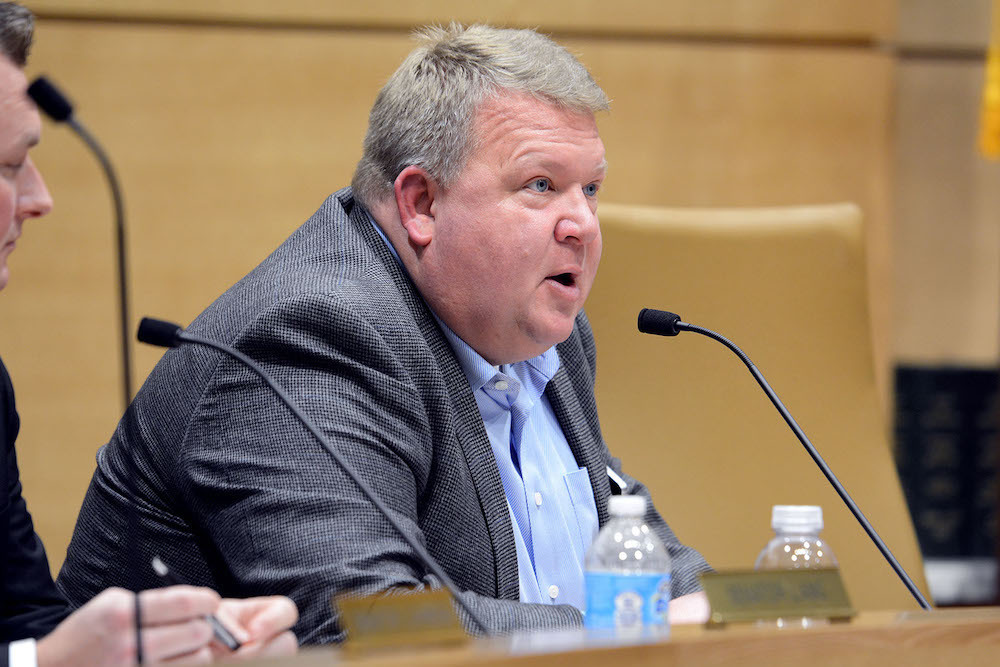Sen. Rich Draheim | Facebook
Sen. Rich Draheim | Facebook
New legislation is being drawn up to protect rural independent drug stores from Prescription Benefits Managers (PBMs) price gouging, which is putting access to affordable prescriptions for Minnesota residents at risk, Sen. Rich Draheim and Rep. Glenn Gruenhagen announced March 12.
"Local independent pharmacies, particularly those in Greater Minnesota are steadily closing their doors," Draheim said, according to a March 12 press release. "These closures deeply impact our communities and are leaving vulnerable populations across the state with fewer options to obtain medication and other health services. We already know the negative impact that distance plays on health care outcomes, so we want to be proactive and implement solutions that allow Minnesotans to continue to access their health care conveniently."
PBMs are middlemen hired by insurance companies to negotiate prescription prices, which help develop the lists of preferred drugs on a health insurance policy that assess how much those drugs cost for patients. This gives PBMs the ability to control drug prices because they create formularies that pharmaceutical companies must access to sell their drugs.
"Following conversations with a constituent that owns an independent drug store, it became clear to me that PBMs are causing significant economic hardship for many rural drug stores," Gruenhagen said, according to the press release.
Rebates and fees are paid to PBMs to access their formularies, and they choose which drugs to offer as prescription options based on which companies pay the largest rebate.
Initially, the idea behind PBMs was to help insurance companies find the best drug prices to save money for the customers and patients, but all that changed when companies like CVS bought out large PBMs creating conflicts of interest.
The new legislation is an addition to bill HF 3646 that works more reform into PBM licensing, which was signed into law in 2019. This new legislation will require PBMs to offer generic drugs that cost less than the brand name versions, require the wholesalers to report average sale price and initial acquisition cost on repackaged drugs to the Board of Pharmacy so they can report to the legislature, prohibit mandatory mail-order when customers don't want it, prohibit information sharing fo prescription information for commercial purposes and require cost-sharing limits so they do not exceed a drugs net-price, according to the press release.
"Our bill will provide additional oversight and regulation of PBMs to ensure that business practices do not put independent drug stores at risk of closure which would result in a significant disruption in prescription drug access for Minnesotans that live in rural communities," Gruenhagen said, according to the press release.



 Alerts Sign-up
Alerts Sign-up